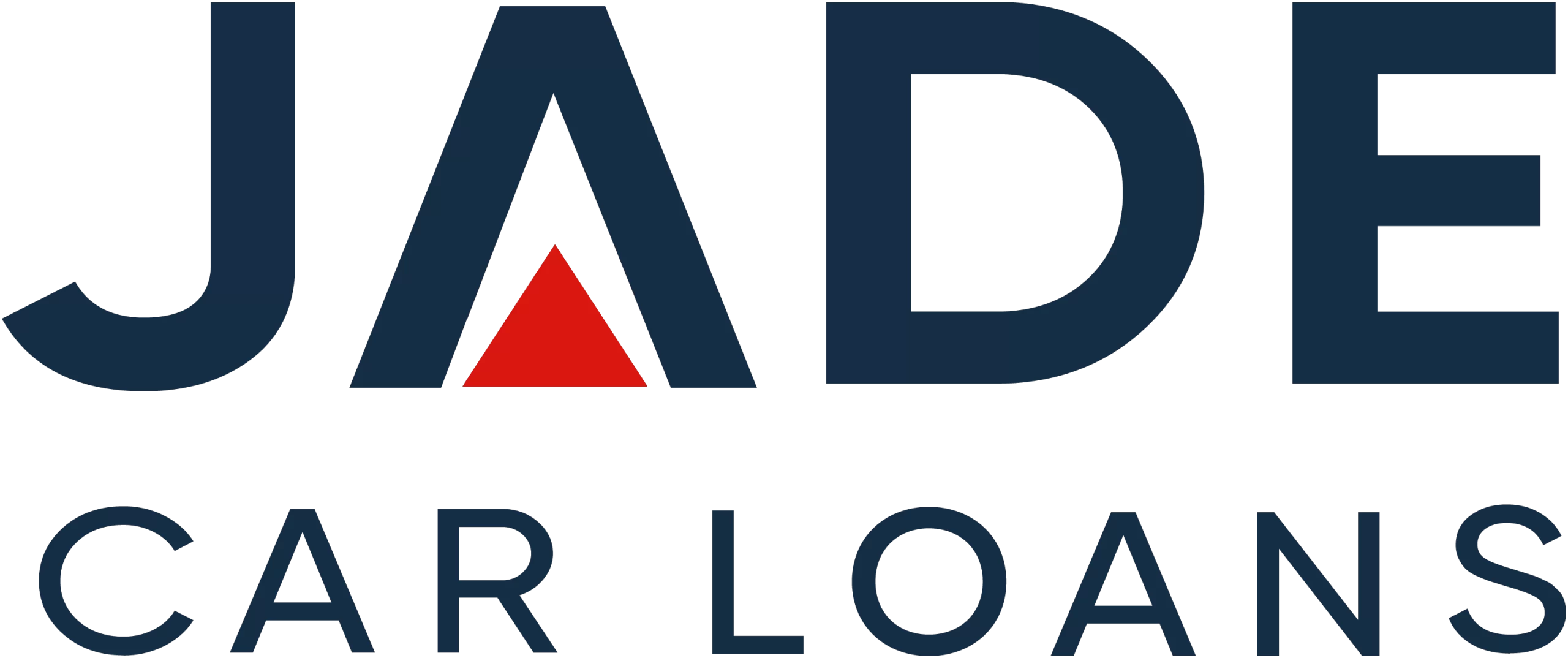Business owners have the choice of several financing products when purchasing new vehicles. The most widely used are Leasing and Chattel Mortgage. During the recent accelerated asset depreciation period with temporary full expensing and Instant Asset Write-off, Chattel Mortgage was extremely popular for the generous tax deductions. But with the end of this measure, as announced in the Federal Budget, business owners may be looking more closely at the benefits of both options. Buyers can compare Leasing and Chattel Mortgage business vehicle finance to decide which is best suited to individual business objectives, balance sheet and tax approach.
Vehicle Leasing and Chattel Mortgage Similarities
Both Vehicle Leasing and Chattel Mortgage are financing facilities. A Vehicle Lease is not a short-term rental or hire facility but a credit facility to purchase business vehicles. For most businesses, the vehicle will be accepted by the lender as the security or collateral against the finance.
Chattel Mortgage and Leasing both include a percentage of the total finance amount that is set aside and due for full payment at the end of the term. With Chattel Mortgage it is referred to as a balloon, with Lease, the residual. The residual amount is subject to ATO rulings while the balloon percentage is subject to lender approval.
All types of business vehicles can be purchased with both these credit facilities - new and used. Both may also be selected by all types of business structures and set-ups – companies, partnerships, SMEs, trusts, self-employed and large corporations.
We offer both options for businesses that do not meet all the approval criteria as set by some lenders. That includes sole traders, self-employed, new businesses and those without financials. When sourcing vehicle financing we ensure fixed interest rates, a fixed term and fixed equal monthly payments.
Compare Leasing and Chattel Mortgage – Accounting Methods
One of the key differences to note when buyers compare Lease and Chattel Mortgage is the compatibility with accounting methods used by businesses. Leasing is best suited to the accruals method of accounting and Chattel Mortgage to the cash accounting method.
We strongly advise business owners to check with their accountant regarding the method used to prepare their annual accounts.
Vehicle Ownership When Comparing Leasing to Chattel Mortgage
The ownership of the vehicle in title over the finance term is a key difference between these two credit facilities. This is a difference that affects the balance sheet and flows through to differences in tax deductions.
With Chattel Mortgage the ownership of the business vehicle immediately transfers to the buyer on settlement with the seller. As the buyer business owns the vehicle while making repayments to the lender, they enter the vehicle as an asset/liability on their balance sheet. As an asset, the vehicle is subject to depreciation in line with the ATO rulings at the time of purchase.
With a Lease, the ownership of the vehicle is held by the lender while the business makes the scheduled lease payments. As the business does not own the vehicle, it is not posted to its balance sheet and as such, is not subject to depreciation by the business. Thus, Lease is referred to as an off-balance sheet credit facility.
This difference is the reason that Chattel Mortgage is especially popular when temporary full expensing or IAWO are available.
Compare Leasing and Chattel Mortgage Tax Deductions
How a tax deduction is realized is also different with these two credit facilities. With car leasing finance, the monthly payments are treated as a business expense by the ATO and are fully tax deductible. So in a financial year, a business may deduct the total amount of lease payments made in that year.
The tax deduction on vehicles financed with car finance for sole traders comes through the depreciation of the vehicle as a business asset. The amount of depreciation allowed each year is based on the ATO schedule. Interest charges on monthly repayments are tax deductible.
Note that IAWO is available in 2023/24 but only for businesses with an income threshold of less than $10m and only for assets of $20,000 or less.
GST is also treated differently. With car finance chattel mortgage, the buyer can claim the full amount which is charged on the vehicle purchase on the BAS immediately after purchase. No GST is charged on the monthly repayments or interest. Lease payments do attract GST and it can be claimed on the corresponding BAS return.
Note that being registered for GST is not a pre-requisite for eligibility or approval for business vehicle financing.
Comparing Interest Rates Business Vehicle Finance
The interest rate on Chattel Mortgage is lower than on Leasing and this is uniform across the commercial lending market. However, rates will vary with lenders and for individual applications, especially when considering options like new commercial car financing. To get estimates on both options, use our Car Loan Calculator.
To discuss cheap interest-rate vehicle financing with either Lease or Chattel Mortgage, contact Jade Car Loans at 1300 000 003.
DISCLAIMER: IN REGARD TO MISREPRESENTATIONS AND ERRORS CONTAINED IN THE MATERIAL AS PRESENTED, LIABILITY IS NOT ACCEPTED. THE DETAILS AND CONTENT IS PROVIDED FOR CAR BUYERS AND INDIVIDUALS AND BUSINESS SEEKING FINANCE PURELY AS GENERAL INFORMATION. THIS IS NOT PROVIDED AS THE ONLY SOURCE OF FINANCIAL INFORMATION. ANYONE THAT CONSIDERS THAT NEED FINANCIAL ADVICE ABOUT THEIR SPECIFIC REQUIREMENTS SHOULD SEEK THEIR FINANCIAL ADVISOR.


 " alt="">
" alt="">